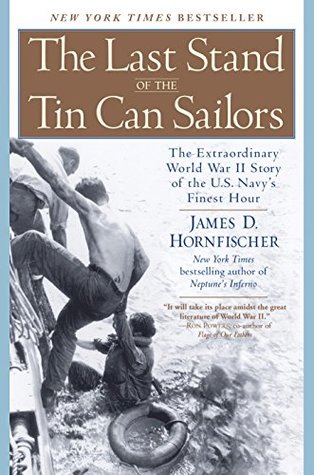More on this book
Community
Kindle Notes & Highlights
Read between
June 8 - June 24, 2018
Built to conquer leviathans, the Musashi was done in by swarms of tiny flying machines. The rules of war had changed.
Morale defies quantification—and yet it weighs significantly on the ultimate lethality of the tools of war.
The bonds form and break in a chain reaction, the power of which is determined by drill, by relationships, by fortitude, faith, and values.
Strenuous, unrelaxing pursuit is therefore as imperative after a battle as courage is during it. Great political results often flow from correct military action; a fact which no military commander is at liberty to ignore. He may very well not know of those results; it is enough to know that they may happen, and nothing can excuse his losing a point, which by exertion he might have scored.
When great men blunder, they count their losses in pride and reputation and glory. The underlings count their losses in blood. —Theodore C. Mason, Battleship Sailor (1982)
The Battle off Samar was a battle of firsts: the first time a U.S. aircraft carrier was destroyed by surface gunfire; the first time a ship was sunk by a suicide plane; the first time the mightiest battleship afloat fired on enemy warships. And it was a battle of lasts: the last massed ship-versus-ship action in naval history; the last time a battleship fired its main batteries at an enemy; the last time small destroyers charged an opposing battle line.
“You’ve done well. But don’t dwell on it. You can throw this stuff in the fireplace and burn it. It has no value from this point on. Knowing in your heart that you did well is all the satisfaction that you need.”


